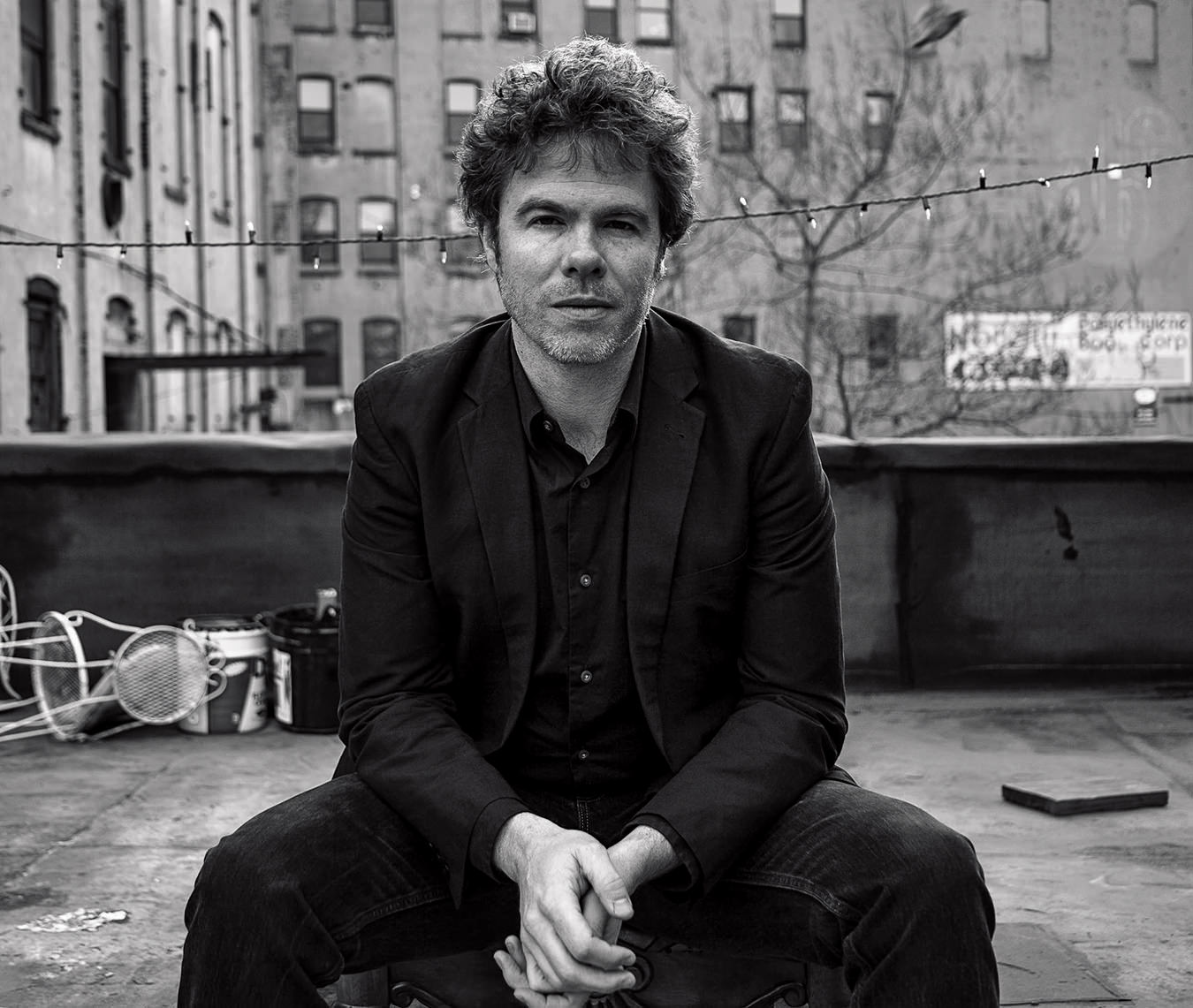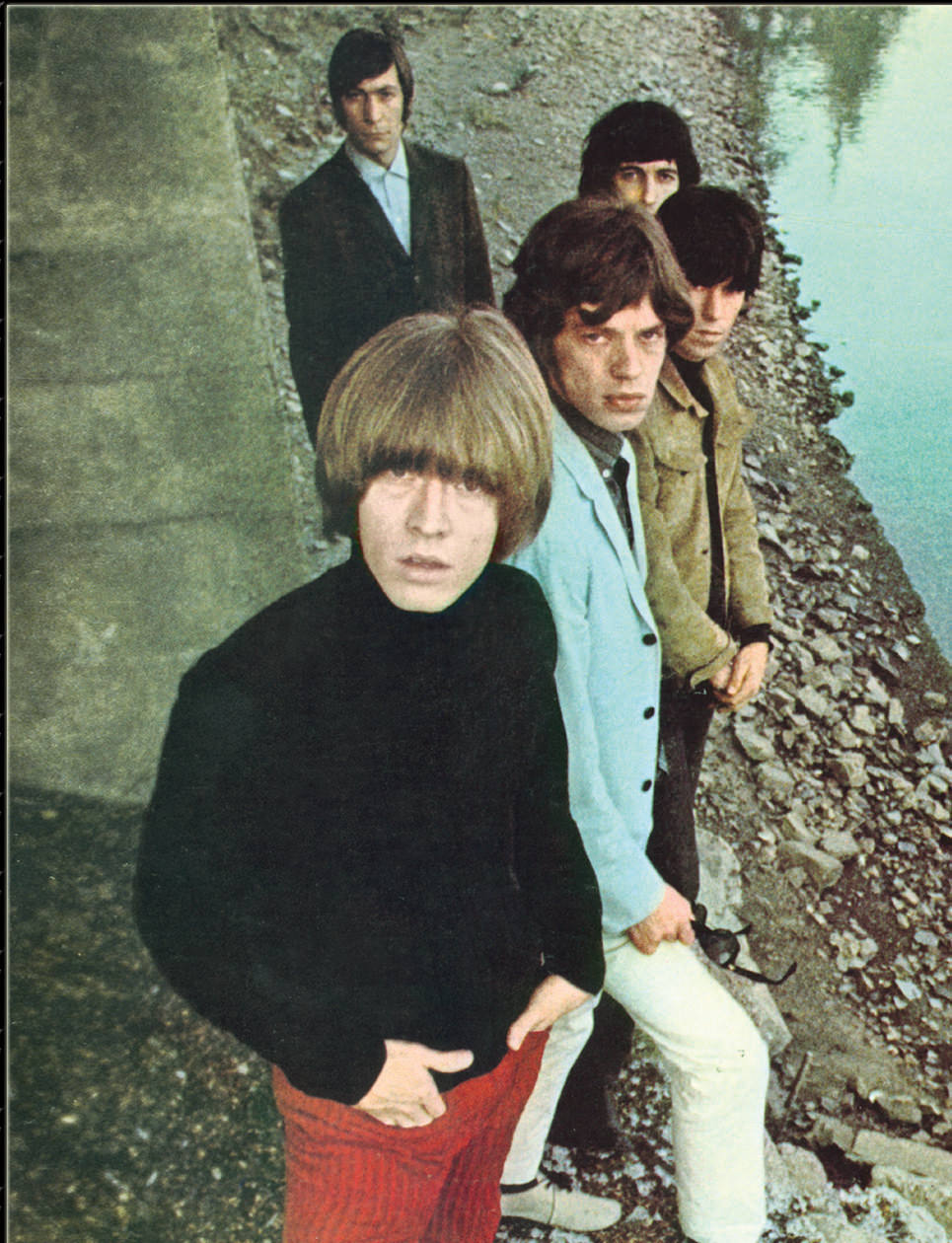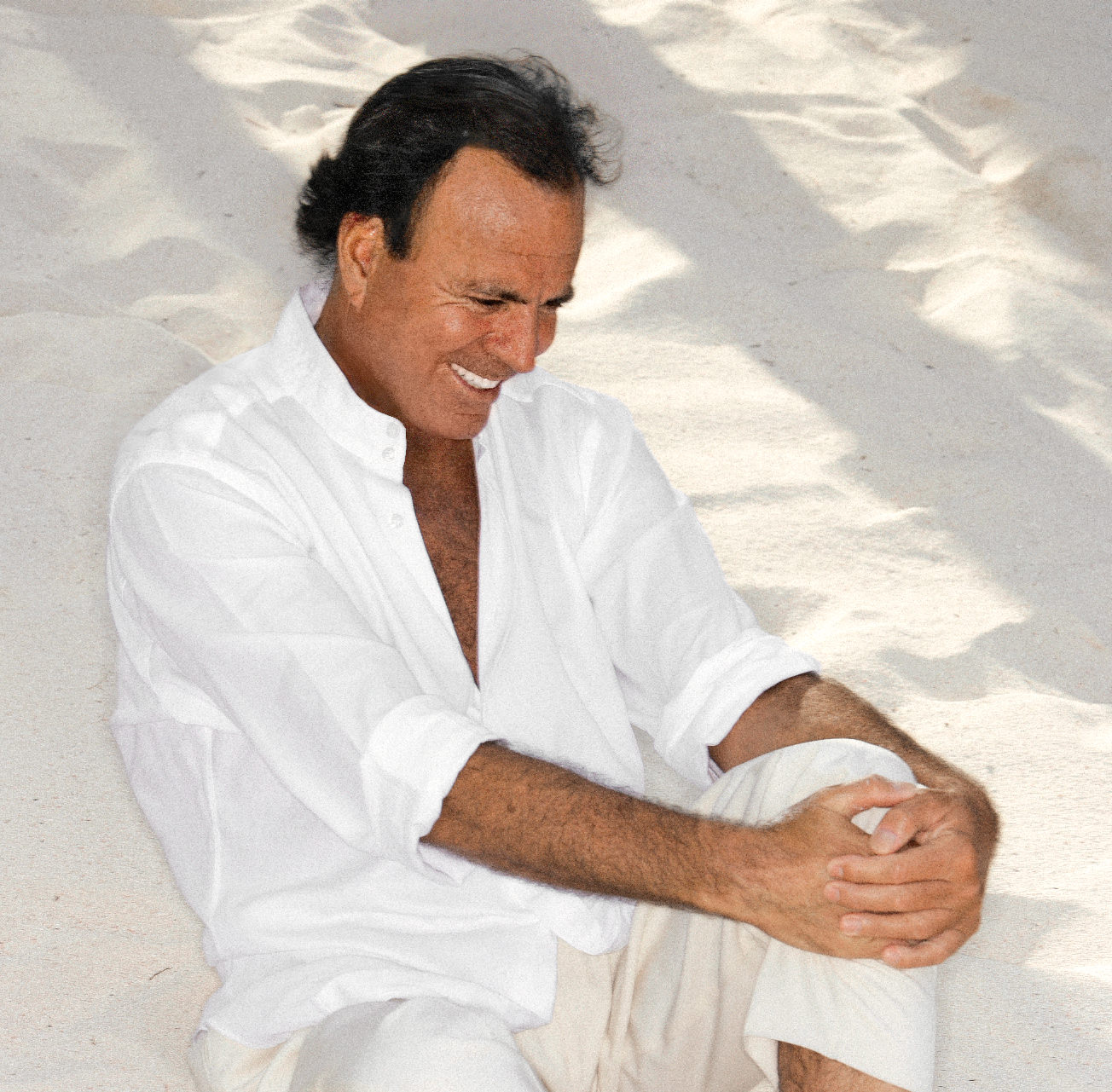-
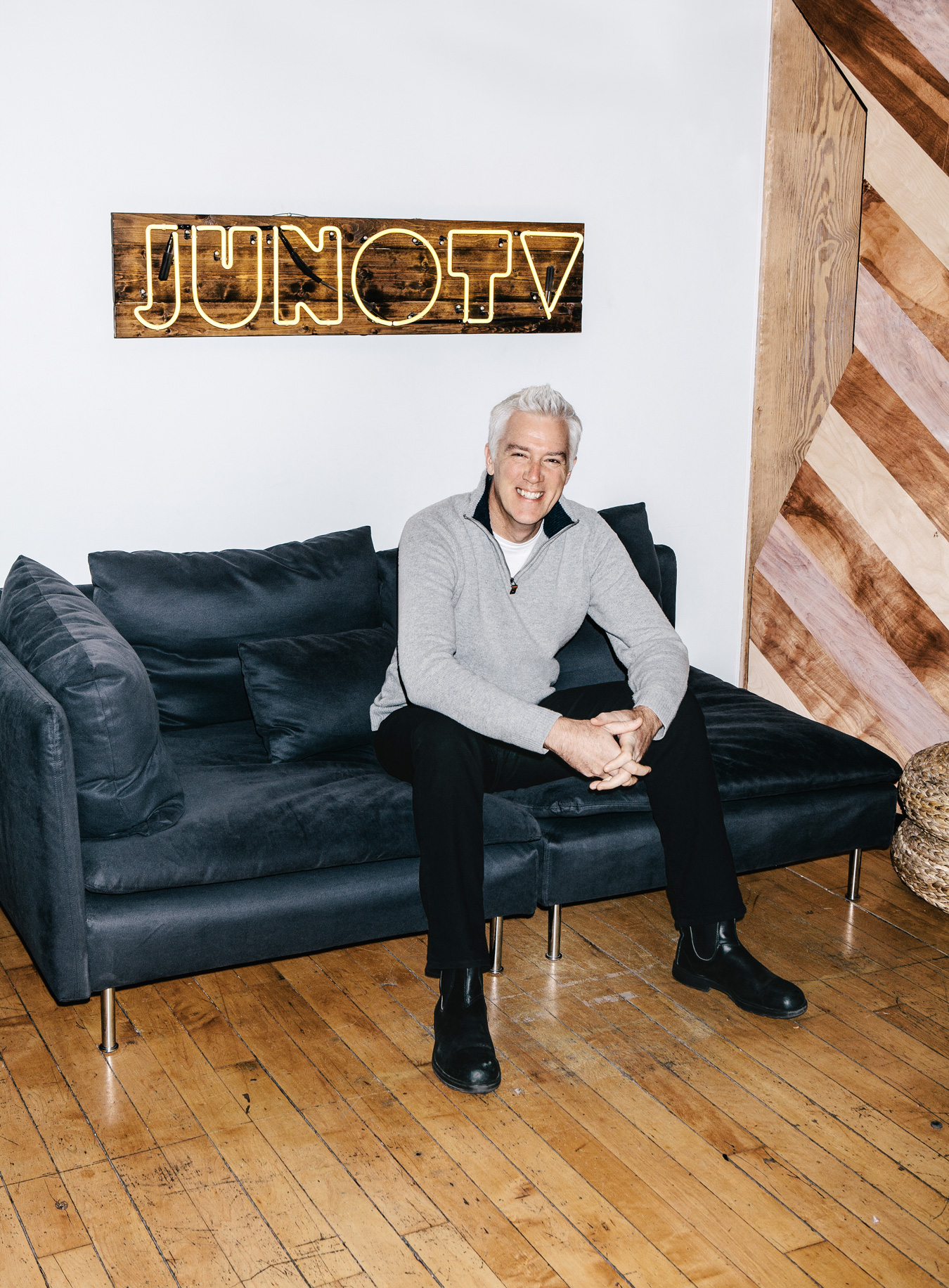
Allan Reid, with current roles heading up the Canadian Academy of Recording Arts and Sciences, MusiCounts, and the Juno Awards, has had a storied career in the music biz.
-
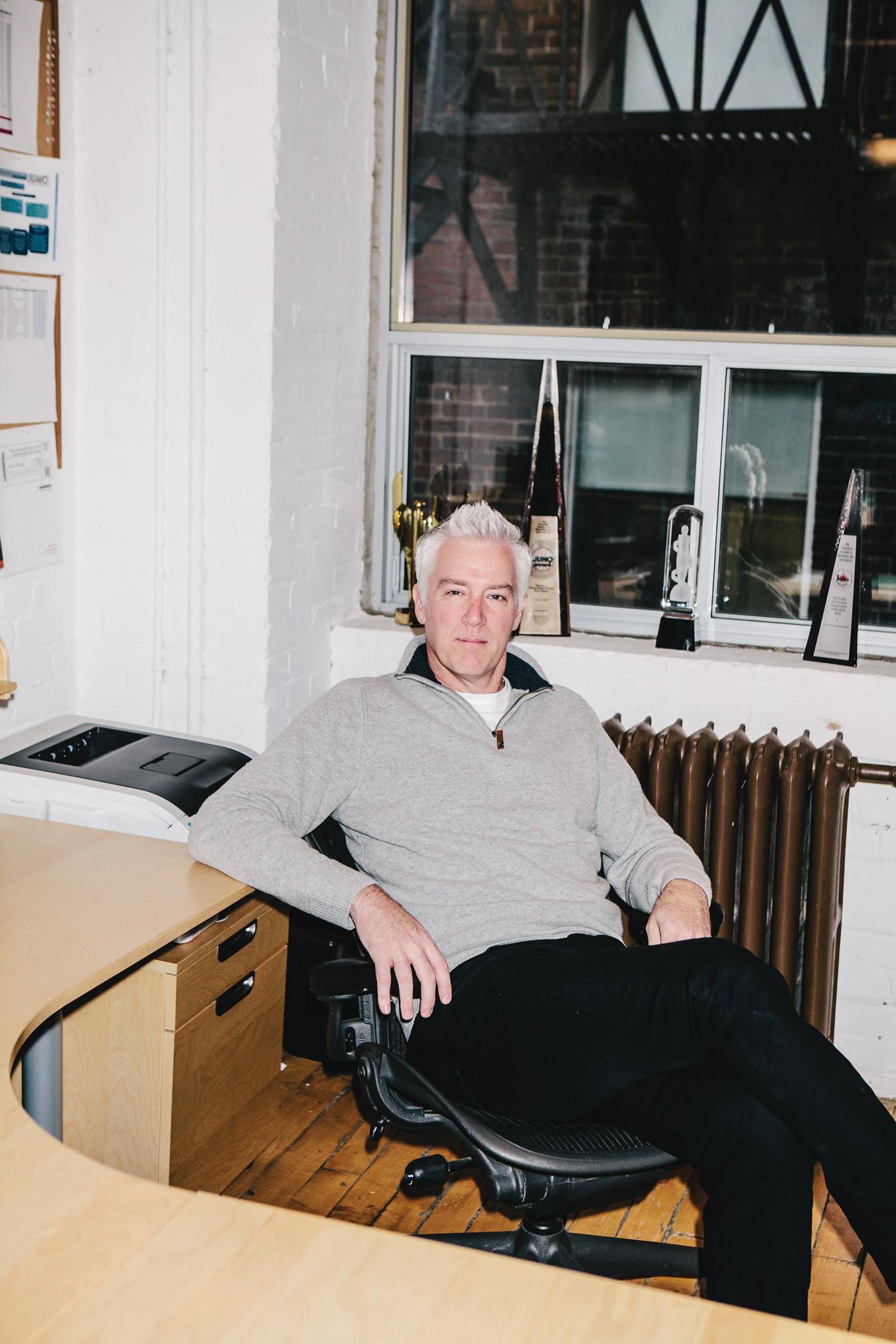
-
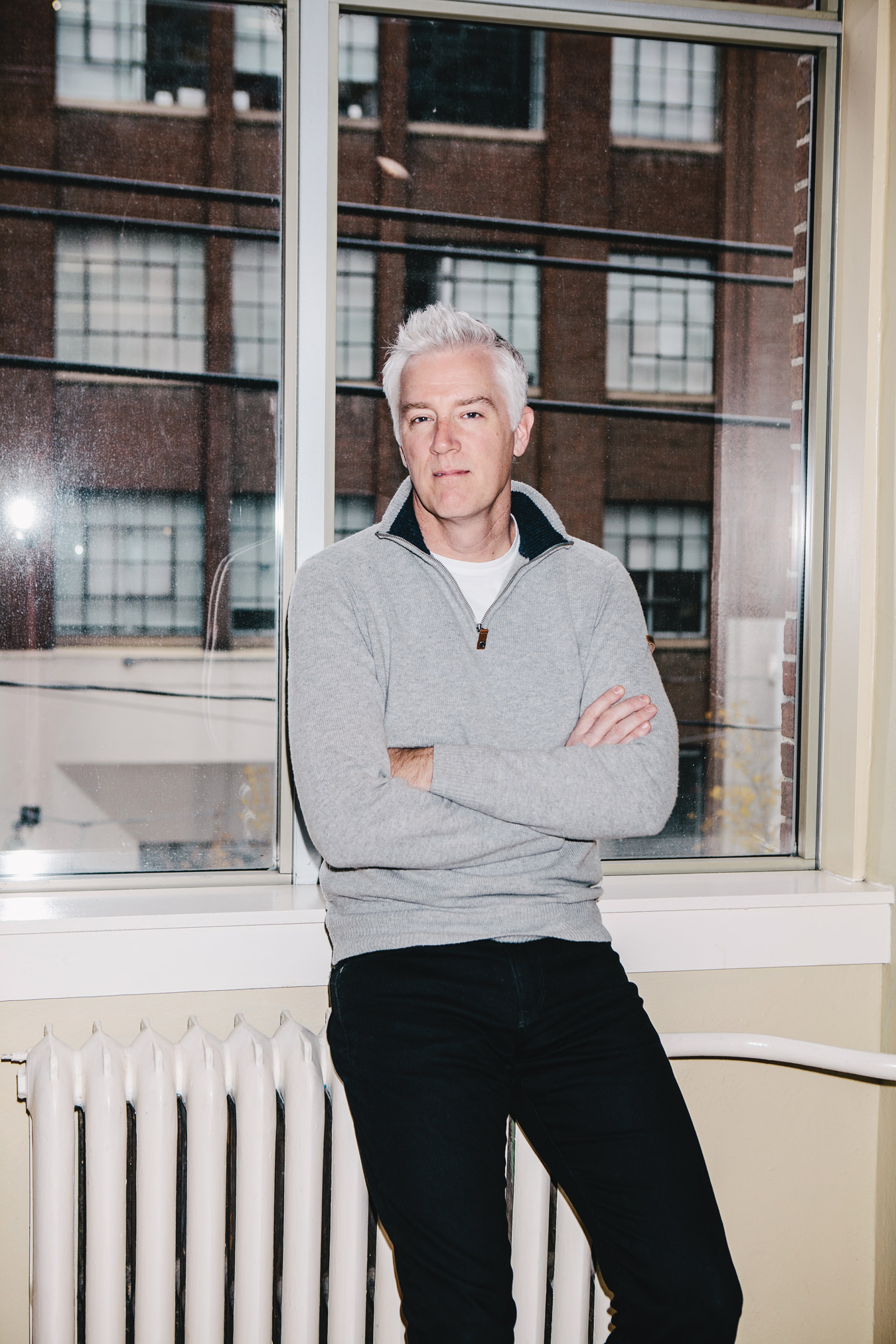
Allan Reid
An ambassador for Canadian music.
Allan Reid, president and CEO of the Canadian Academy of Recording Arts and Sciences (CARAS), doesn’t have any gold or platinum records hanging on his office walls from his past life as an A&R (artists and repertoire) executive, signing the likes of Jann Arden, Sam Roberts, and Hedley. They are bare, as if he’s just moved in, except that he’s worked for CARAS, the Toronto-based organization that presents the annual Juno Awards—recognizing the best in Canadian music—and raises money for the music education charity MusiCounts, for more than five years. “I took everything off the walls about a year ago to get ready to redo them and then got really busy around the show and didn’t get back to it,” says Reid.
Reid, 50, doesn’t even display the Juno statuette he won in 2006 for his work on the Tragically Hip’s Hipeponymous DVD (“It’s at home”) or photos of his family—his wife, singer Kim Stockwood; and sons Jack, 13, and Sam, 11. There is one framed photo hanging to the right of his door, however, that is of great significance to him and can easily be seen from his desk—a MusiCounts Band Aid Program presentation of new instruments at Sackville High School in suburban Halifax. Front and centre is Reid with musician Joel Plaskett, surrounded by beaming kids holding flutes and saxophones and trombones. At the time, Reid was helping out the charity one or two days a week on a short-term contract, resisting then–CARAS president and CEO Melanie Berry’s offer of a full-time position. But then he attended his first Band Aid presentation, and everything changed.
The school band played. The principal thanked MusiCounts. Reid spoke about the importance of music education, which is experiencing drastic cuts in schools across the country, and then it was Plaskett’s turn. “He was so eloquent about being a 14-year-old, having zits and being skinny and socially awkward, and how the guitar became his best friend and gave him a voice. It completely hit me,” recounts Reid. “I was getting all choked up.
“At the end of the celebration—there’s a picture of a girl holding a saxophone there,” he says, pointing to the wall, “and she comes up to me and says, ‘Mr. Reid, this is the best gift. Thank you for thinking I’m worthy of this.’ I completely teared up. She didn’t get to own it; she just got to use it.”
Reid came back to CARAS “with a fire,” he says. “I started calling everybody. ‘You need to help. We need to raise more money.’ The charity grew fairly dramatically over my three years running it.”
Underneath the Band Aid photo is an inscription honouring his accomplishments, including “More than $2,500,000 awarded in support of music education in Canada. Impacting the lives of over 63,000 students.” Considering Reid was originally unsure about taking the job, he’s certainly made his mark, just like he has in every job he’s had since age 16.
Reid, a towering 6-foot-4, is exceptionally well liked and respected, always smiling and composed even under pressure. His upbringing on a three-acre farm in Kelowna, B.C., with horses, cats, dogs, and 60 apple trees wasn’t a natural path to the music business. The youngest of three (he has a brother and a sister), his father, Robert Dow Reid, is a well-known sculptor; his mother, Isobel, a homemaker who helped run the family gallery. He played trombone in the school band and a bit of guitar, but was a star basketball player scouted by the University of British Columbia.
His upbringing on a three-acre farm in Kelowna, B.C., with horses, cats, dogs, and 60 apple trees wasn’t a natural path to the music business.
A self-described “keener”—the term still applies today—the honour roll student and valedictorian wanted to be a high school teacher before he discovered there were jobs in music. As a teen, he would record new songs off Vancouver radio station CFOX and bring the cassette tapes to school. “I was always the guy turning people on to music,” he says.
One day, Jamie Browne, owner of Kelowna radio stations CKOV/CHIM-FM, came by the house (where his father had his studio) to buy some art. Reid asked for a tour of the station. “I’ll never forget him walking me into the music library and Rob Robson, the music director, was in his office and it was like the Holy Grail for me. Here’s this room full of vinyl records. I was like, ‘This guy listens to music all day long and decides what goes on the radio.’ ”
A week later, the 16-year-old donned his tweed jacket and leather tie and went back to ask for a job. Browne told him he was too young to work in radio, but head engineer Bud Goes phoned him later. “ ‘You mow lawns?’ I’m like, ‘Absolutely. Best lawn mower you’re ever gonna have.’ ” Reid became Goes’s assistant in 1982, happily doing every joe job from driving the station van to staging block parties to polishing the boss’s boat on weekends. “By the time I finished high school, I was 18 and they made me music director.”
His job entailed talking to record reps in Vancouver who were pitching songs for the station to add to its rotation along with some on-air time on weekends. At 20, he got an offer from David Brian at A&M Records Canada to become the company’s promo rep there. His first year, he won Promo Man of the Year and after working for almost three years in Vancouver, was offered the same job in Toronto by company president Joe Summers, who “really took a shine to me,” says Reid.
When A&M Records was bought by PolyGram in 1989, Summers made him head of A&R: the coveted position responsible for scouting, signing, and working directly with the talent. “I was 23,” says Reid. “I didn’t know how to make a record. His [Summers’s] whole thing was, ‘You seem to have an ability to pick singles off records.’ ”
A rock ’n’ roll guy with long hair, Reid wanted to sign a rock band in this burgeoning era of grunge music. Instead, his first signing was Calgary singer-songwriter Jann Arden, whose cassette he wasn’t feeling until he had a fight with his girlfriend. “All of a sudden, the music totally spoke to me,” he explains.
Reid went on to sign funky group Bass Is Base, punk-pop band Doughboys, and “the next real significant success that we had,” Nova Scotia fiddle player Ashley MacIsaac. Arden’s sophomore record, 1994’s Living Under June, sold 1.7 million copies worldwide.
“By the time I finished high school, I was 18 and they made me music director.”
In 1998, when Universal merged with PolyGram, Randy Lennox became president and Reid was made senior vice-president of Universal, now with a roster of 40 or so artists. He stayed in A&R for nine years, but at 41, with a young family, he didn’t want to spend all his nights at bars seeing live music. “In this business, you’ve got an expiry date, especially in A&R, so where do I go next?” Expressing his concern to Lennox, he was offered the position of general manager of MapleMusic, a Canadian indie label and distributor Universal has equity in, and did that for three years. Initially he enjoyed the job and the pace, but the final year prompted an unexpected “I’m out” e-mail.
“The thing about working the indies is there is no catalogue. You’re only surviving off what is going on at the moment, and the industry took a nosedive. By the time I was wrapping up there, we had had the best year in Maple’s history,” he recalls, citing releases by Taylor Swift, Johnny Reid, and Radiohead. “Then came January, and all these returns [from other domestic albums] and the negative balance to start the year. I’ll never forget sitting in my office in February, having an anxiety attack, going, ‘How am I going to fix this? There’s nothing on the release schedule coming,’ and then there’s the pressure of do you have to fire staff because there’s no billing? It just became this cycle downward. And for me, having the good fortune to live through the prosperous time in the music business, to be now heading a label in a very not prosperous way was very conflicting for me.”
Reid had never quit anything when the going got tough. “This was a soul-crushing moment for me. I was disillusioned and was losing myself,” he says. “I was like, ‘I don’t want to be that jaded industry guy that’s complaining how it used to be good and now it’s bad.’ I always said if I ever get to that point, I need to get out. That’s where my wife’s words—‘No one knows that you want to do something different’—resonated. So, I quit.”
Reid had been working full-time since he was 18; he was now 44. For the next three months, he hung out with his kids—“best time of my life”—picking them up from school and bringing a soccer ball with him to kick around. “But I was also very cognizant of ‘Don’t leave this business for too long or they’ll forget you.’ ”
He started helping his friend Bill Bell get production work, and he took on two more producers, Dave Genn of 54-40 and Gus van Go. Then artist Royal Wood asked Reid to manage him. He also consulted for Hawksley Workman and Jimmy Rankin. Suddenly, he had a roster. About six months after Reid left MapleMusic, Melanie Berry invited him to lunch and asked him to run MusiCounts.
“I was at a point in my life where I was looking for something where I could give back,” says Reid. “I said, ‘I could give you a day or two a week, and I’ll help you get through a three-month period so you can find an executive director.’ ”
But then the unexpected happened.
“I did the [Band Aid] celebration, came back to the office, and one day a week turned to two, turned to three; a three-month contract turned into another three-month contract and turned to a six-month contract,” Reid says. “Next thing, I’d been running the charity for three years.”
Then Berry stepped down as CARAS president to go to the Walk of Fame, and the board asked Reid to take over. “I didn’t know if I wanted to do it at first,” Reid admits. “I had seen Mel doing this job. This is not an easy job. Do I want that in my life? Again, went home, talked to Kim, and she was like, ‘You will forever kick yourself if you don’t take this opportunity.’ So I said, ‘Okay, I’ll try it.’ ”
“I was at a point in my life where I was looking for something where I could give back,” says Reid.
The Juno Awards is the biggest music awards show in Canada. The next Juno Awards is set for April 2 in Ottawa, to be hosted by Michael Bublé. While the majority of the 41 awards are given out at a private industry gala dinner the night before, the two-hour televised broadcast is the show the nominees want to be on. Only six awards are given out on air, plus the special achievement honours, and there are coveted live performer slots. It’s not easy to say yes and no and why and why not to managers, labels, and artists in the most tactful way.
Reid is still finding ways to broaden the Juno brand and CARAS’ involvement in helping Canadian artists. In the 2000s, it expanded to include ancillary events such as Juno Week’s Junofest, Juno Fan Fare, Juno Songwriters’ Circle, and the Juno Cup. CARAS offers programs year-round, from MusiCounts’ educational gifts and scholarships to the Allan Slaight Juno Master Class, for emerging artists.
“So how do we [CARAS] get artists educated, developed, promoted, and celebrated?” asks Reid. “It’s MusiCounts, the Master Class, the Juno Awards, and then the [Canadian Music] Hall of Fame. Someone jokingly said we’re with artists from birth to myth, and that’s the continuum that we want to support.”
Note: Bryan Adams and Russell Peters have replaced Michael Bublé as host of the Juno Awards on April 2, 2017.
_________
Never miss a story. Sign up for NUVO’s weekly newsletter.

